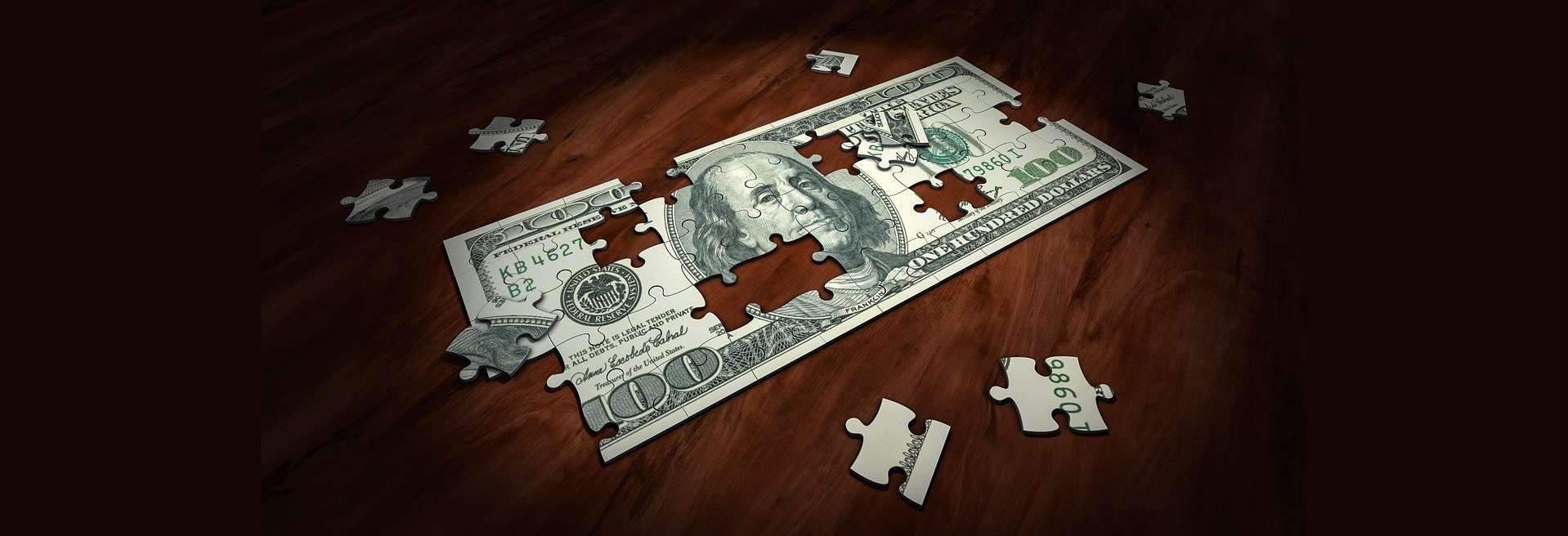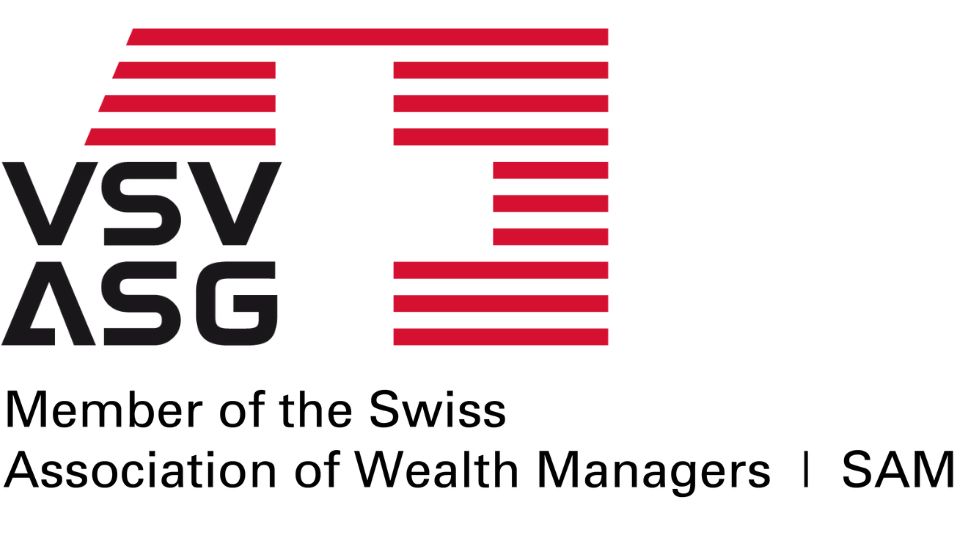Well, I’m sorry to say but I don’t know. Let me explain.
On a yearly basis Swissential examines the market and looks for the best solution available for you, our clients. We have multiple parameters (company solidity, performance, flexibility, cost, etc…) dictating that the solutions put forth to our clients are the best available solutions at that time.
This said, this is from our perspective. The reason I am not able to give you a straight answer is because this question “Is it the best product?” has essentially two components:
- Cold-hearted facts = our research based on empirical evidence
- Your perception / the type of decision-maker you are = varies from one individual to the other.
Essentially, there are two main types of decision-makers, according to experts. People tend to lean toward one of two categories: ‘maximisers’, who want to ensure they get the most out of the choices they make; and ‘satisficers’, who tend to adopt a ‘this is good enough’ approach. Each comes with benefits and drawbacks – including impacting how happy you are.
Maximisers: ‘make it perfect’
If you’re a maximiser, you’re likely to weigh choices carefully to assess which is the best one. This can, of course, lead to a great outcome – when maximisers make decisions, they’re likely very informed. On paper, their decisions may look like the most logical or efficient, since they’ve spent so much time deliberating possibilities and potential results.
But there are also drawbacks. When trying to make every decision perfect and maximise the outcome, you lose a lot of time in the process. Once you finally decide, however, the maximiser mentality can also trigger decision regret. The process of deliberating and choosing one option after seriously considering others is not only very time-consuming, but also associated with post-decision regret and counterfactual thinking. “How would it have been to have chosen the other thing?” In fact, a series of studies showed that maximisers were more likely to be depressed, overly perfectionistic and prone to regret or self-blame.
Satisficers: ‘it’s good enough’
At the other end of the spectrum, you have ‘satisficers’: people who would rather make decisions quickly. Instead of the ‘best’ choice, they’re fine with what’s acceptable. The opposite of maximising is satisficing – someone who realises there are constraints, and you can’t solve all of them, and you definitely can’t solve all of them quickly. “So, ‘good enough’ is the characteristic of decision-making for satisficers.”
Unlike maximisers, satisficers don’t need a lot of options or information. They also rely less on outside sources, meaning they’re less likely to scour online reviews, or get as much information as possible when making decisions. They make decisions faster, weigh fewer choices and go with their gut. The drawback here is that satisficers may reach a decision quickly, but it may not necessarily be the ‘best’ outcome that gives them the maximum return.
As a general rule, maximisers do better, but feel worse. Maximisers get better jobs, for example, but are less satisfied with the jobs they get. So the question to be asked is whether what is more important to you is the objective result or the subjective result.
So we are now coming back to our original question: Is this product the best one for me?
- if you are a SATISFICER – the answer is YES
- If you are a MAXIMISER – the answer is NO
From our side, there is nothing we can do to change this outcome.
And if I may provide a last piece of advice before you go: it definitely makes sense to be a maximiser when making big decisions (like getting married or investing a big lump sum of money), but when it comes to making small operational decisions (like saving a small amount of money on an ongoing basis or going out on a date), being a satisficer is “sufficient” enough.
You can be both, you just need to decide where to apply your energy.







